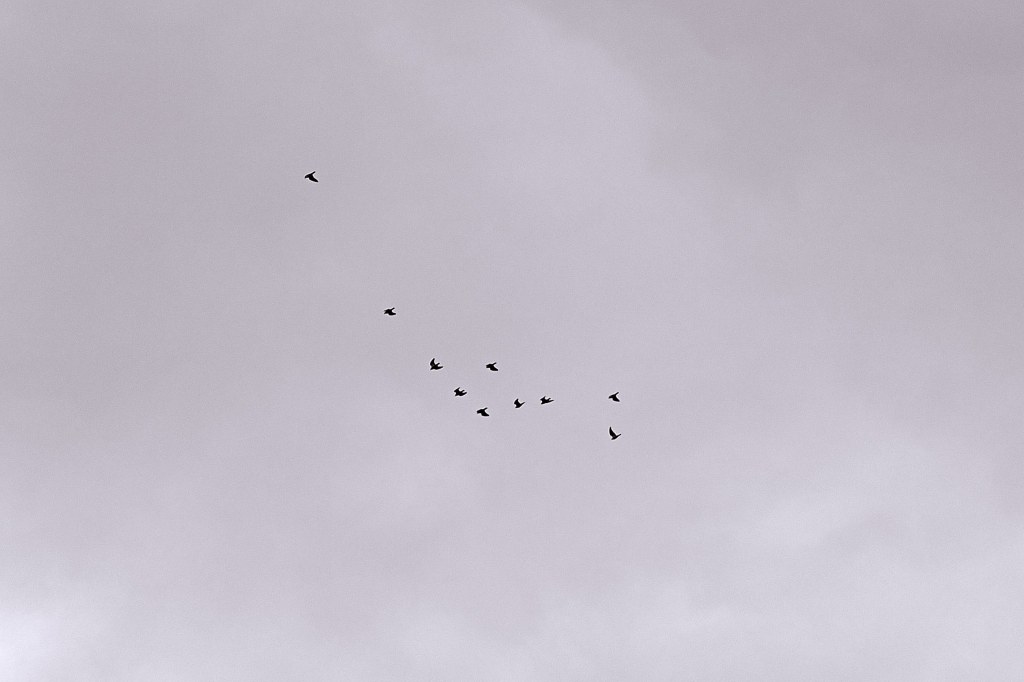Machsoum

I brought the Palestinian workers from the “machsoum” (army checkpost) in the morning at 6:15 as Tuesdays is the day I volunteer for that. They go back in the mid-afternoon but one of them, Issa, stayed behind to do a bit of side-work, gardening for my daughter, and I took him back at 6:15 in the evening, exactly 12 hours later. And that on a day that the temperature got up to 36°.
Actually community gardening was my job for a few year’s, when I was Issa’s age. In the summer I would start at dawn, take a long break from around 11:00 and then work again in the late afternoon. Issa said he also took a break today, so it’s not as if he was working for 12 hours.
On the car journey back, I listened to an episode of Anita Anand and William Dalrympl’s excellent “Empire” podcast. This one was about the Vikings. It opened with an unusual discovery, a bauble found at a Viking site in Derbyshire, UK that originated in India. Also present at the site were victims of human sacrifice, who were probably slaves. It turns out that the Vikings, besides their more well-known exploits, were involved with trade along the silk road and also traded in slaves throughout all the countries they visited.
The origin of the English word “slave” is “Slav”. The Vikings were using the system of European rivers to make it as far south as Byzantium and maybe further. When it was not possible to travel consistently by river, they would haul their boats, or maybe slaves would haul their boats, from river to river.
The Anglo Saxons too kept slaves, so the Vikings weren’t special in that.
One of the few surviving accounts of the customs of the Vikings comes from an Arab source – he witnessed their social life and ceremonies, and wrote about them.
Everyday, I learn something new.
